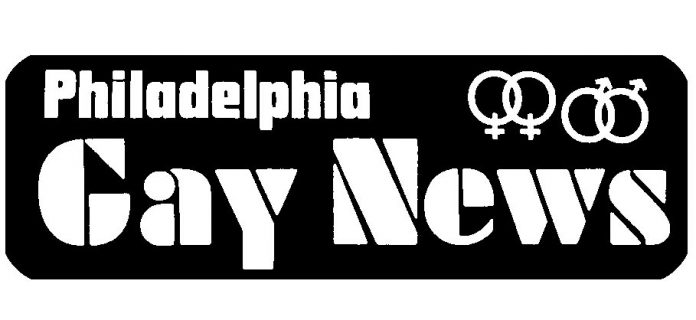Carter staffers keep gay rights plank out of Democratic platform
Adapted from reporting by Richard Rusinow
An effort to secure a gay-rights plank or a supportive minority report in the 1976 Democratic Party platform failed.
Jean O’Leary, legislative director with the National Gay Task Force, led a lobbying drive with the platform committee in June 1976.
O’Leary emphatically blamed the campaign organization of Jimmy Carter for the failure, but not Carter himself.
“The word went out from the Carter organization not to vote for” the gay-rights plank, she said. O’Leary added that Carter aides Stuart Eizenstat and Joe Duffy “effectively silenced all discussion through parliamentary manipulation and other tactics.”
O’Leary said that Carter telephoned Eizenstat to say that he has no objection to including sexual preference in the general anti-discrimination plank. But Eizenstat did not mention it until after the platform vote.
Although O’Leary said she felt gay people “have been totally disenfranchised by the top officials in the Democratic Party,” she considered the lobbying effort to have been worthwhile because of its educational value.
Civil Rights Commission deciding jurisdiction in gay discrimination cases
Adapted from reporting by PGN staff
The U.S. Civil Rights Commission was expected to decide by July 12, 1976, whether it has jurisdiction over cases of discrimination against gay Americans.
In 1972, the commission decided it did not have jurisdiction, but a staff attorney again raised the issue in May 1976.
The commission’s general counsel, in a preliminary opinion, said the commission has jurisdiction in the area of administration of justice, particularly in the case of so-called sodomy laws. The counsel noted that those laws are invoked almost exclusively against gay men rather than heterosexual or lesbian couples who perform the prohibited acts.
One attorney noted the commission could construe prohibitions of discrimination based on sex to include sexual preference, but the commission seemed reluctant to embrace this view.
The general counsel was asked to review the legislative history of the bill establishing the commission to see if it could cover antigay discrimination.
— compiled by Paige Cooperstein

